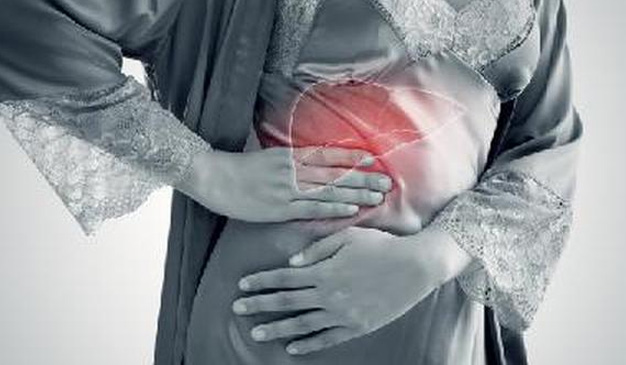
April 24, 2023
Liver cancer is a malignant tumor that is usually not easily detected in its early stages. Therefore, when late-stage liver cancer is diagnosed, patients are often already in the advanced stage of the disease. In the late stages of liver cancer, patients face severe physical exhaustion, malnutrition, and impaired digestive system function. Therefore, dietary management for patients with advanced liver cancer is crucial. Although diet cannot cure liver cancer, a reasonable diet still plays an important role in improving patients' quality of life and supporting treatment. Due to the physical condition and severe digestive failure of patients with advanced liver cancer, they often require special dietary restrictions, including situations where it is not appropriate to eat.

1. Malnutrition and anorexia:
Patients with advanced liver cancer often suffer from loss of appetite, changes in taste, nausea and anorexia, which can lead to insufficient nutritional intake. At this time, forcing the patient to eat may cause severe physical discomfort, aggravate symptoms such as nausea and vomiting, and may also induce anorexia and affect the patient's tolerance to treatment.
2. Impaired digestive system function:
Due to the existence of advanced liver cancer, the tumor and liver tissue interact with each other, leading to problems such as impaired liver function, local tumor compression or invasion of the digestive tract. These factors put great pressure on the digestive system of patients with advanced liver cancer. Overeating or indigestion can lead to bloating and aggravation of gastrointestinal symptoms.
3. Tolerability and quality of life considerations:
Patients with advanced liver cancer often need to receive more intensive treatments, such as radiotherapy, chemotherapy or surgery. These treatments themselves will bring certain side effects and discomfort to patients. At this time, in order to improve the patient's tolerance to treatment and improve the quality of life, reducing food intake may reduce the patient's discomfort and thus better cooperate with treatment.
4. Choice of nutritional support:
For patients with advanced liver cancer, nutritional support is very important. Although food intake is restricted, adequate energy and nutrients can be provided through other means. For example, nutritional supplements can be provided to patients in the form of intravenous nutrition or topical administration to meet the body's needs while relieving the burden on the digestive system.
Patients with advanced liver cancer should pay special attention to dietary management and it is very important to follow the recommendations of doctors and nutritionists. Due to the physical state and severe digestive failure of patients with advanced liver cancer, dietary restrictions are often necessary. Reasonable dietary management can help improve patients' quality of life and improve treatment tolerance. Under guidance, it is still extremely critical to proactively take appropriate nutritional support measures to ensure that patients can obtain the required nutrients and energy to better cope with the challenges caused by late-stage liver cancer.